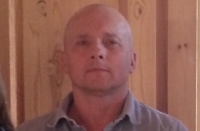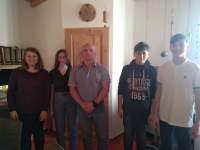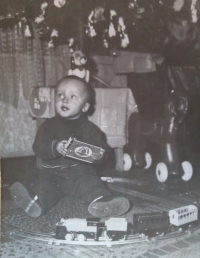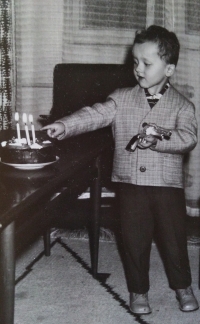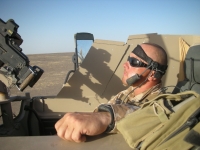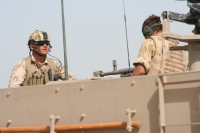We attracted mortar fire from the Taliban
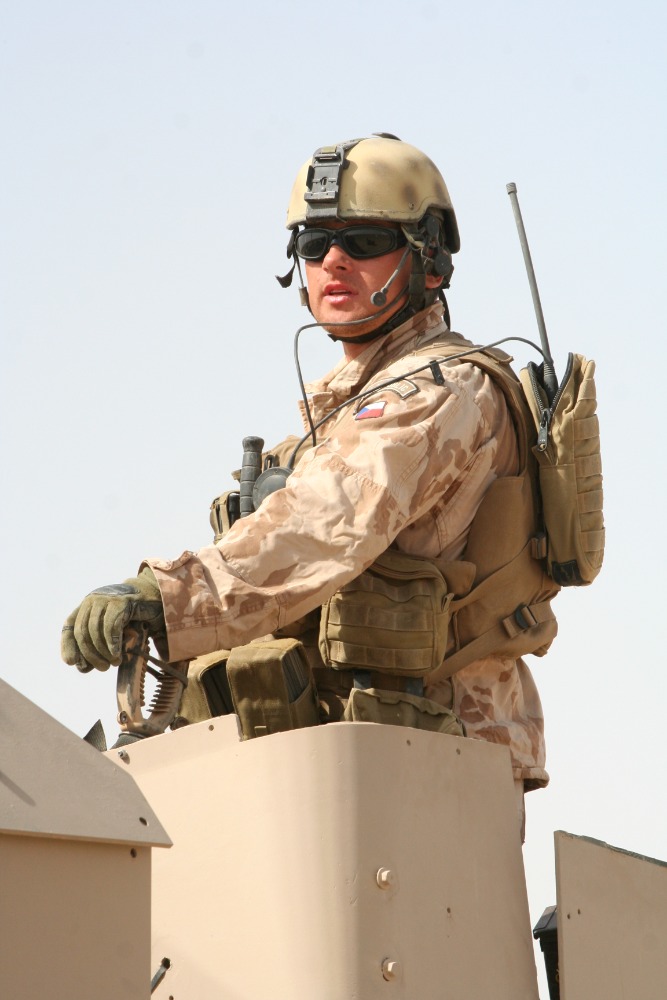
Stáhnout obrázek
Lumír Němec was born on 30 August 1965 in Vsetín, he grew up in Prague. From childhood he was drawn to the armed forces, but he did not want to be „the armed fist of the Communist Party“, so he became a train driver. It was only after the Velvet Revolution that he fulfilled his dream and joined the police in 1991. From 1993 he was a member of the special police commando unit of the Rapid Deployment Unit (URNA). In 2004 he went with it on his first foreign mission to Iraq. Upon his return, he joined the Czech Army as a member of the Military Police Special Operations Group (SOG). With this elite unit, he participated in military missions in Kosovo (2005) and also in Afghanistan (2007 and 2008). In Afghanistan, he was the commander of a combat group that fought against the Taliban in the Helmand River Valley in coordination with a British-led multinational team. Soon after his return to the Czech Republic, the SOG was disbanded in 2009 and Lumír Němec went into civilian life. A year later, he founded his own company, Tortac TC, focusing on training armed forces and civilians. In 2015, he went to Syria to train Kurdish fighters. Nowadays, he is devoted to his family, his business and plays a lot of sports.
